The Mortal Kombat series has always been celebrated for its inventive, often complex lore that interweaves characters and realms with cinematic flair. So, when Mortal Kombat 1: Khaos Reigns unveiled a story that felt underwhelming to many fans, there was a rippling disappointment throughout the community. But now that there’s a conclusion to Mortal Kombat 1: Khaos Reigns, the underwhelming storyline could actually serve as a foundation for a more open, nuanced, and layered plot in future installments, especially when it comes to developing the villain arc.
A villain plays a central role, especially in a fighting title such as Mortal Kombat 1. It’s required to provide the story with a clear, exhilarating momentum. Not to mention that Mortal Kombat has itself delivered complex antagonists like Shao Kahn, Quan Chi, and even Shinnok in the past. Yet, in Khaos Reigns, Havik, while theoretically isn’t a bad villain and is enjoyed for his enigmatic undertones, just doesn’t carry the same complex gravitas. But with the story’s open-ended conclusion, this chapter is now over, potentially paving the way for a more complex villain moving forward.
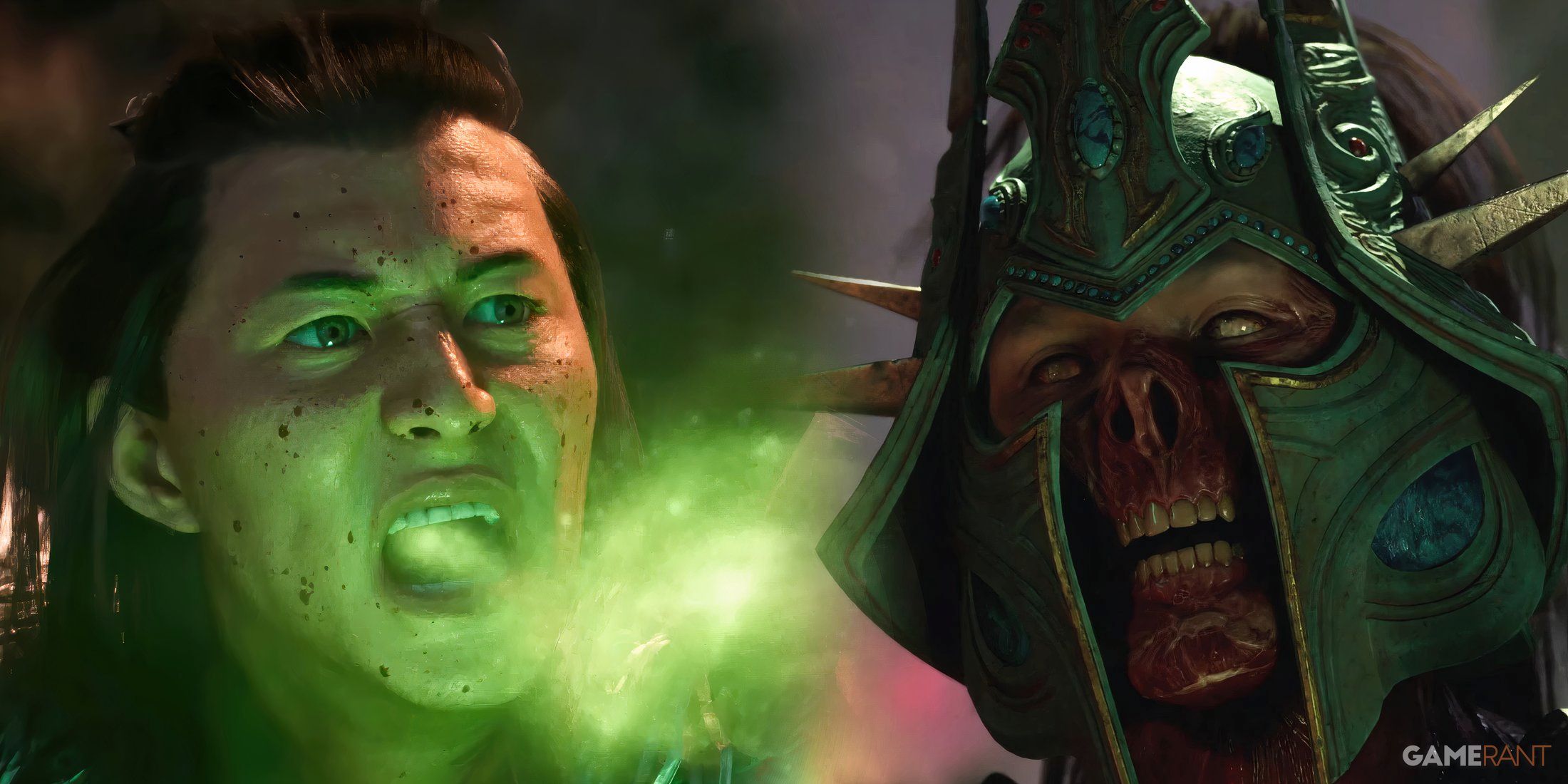
Related
Mortal Kombat 1: Khaos Reigns’ Lackluster Story is Disappointing, But Not Surprising
The follow-up to Mortal Kombat 1’s story was expected to fully deliver on its reboot premise, but Khaos Reigns has followed a worrying pattern.
How Havik Lacks the Complexity of Mortal Kombat’s Greatest Villains
Havik’s role as the main antagonist in Mortal Kombat 1: Khaos Reigns is centered around chaos, a theme that, while powerful, isn’t fully developed to create a lasting impact. Unlike previous villains like Shao Kahn and Quan Chi, who carried personal motivations and deep-rooted conflicts, Havik’s character leans heavily on chaos for just chaos’ sake. For example, when it comes to Shao Kahn, he isn’t simply a tyrant, and Quan Chi’s character is layered with intrigue, manipulation, and deception.
Mortal Kombat‘s Quan Chi’s involvement with characters like Scorpion showcases his cunning, as he uses Scorpion’s desire for revenge to further his own dark schemes. Havik, by contrast, operates on a more one-dimensional basis of chaos without strategic manipulation or personal vendettas that might deepen his role. It’s almost like he is a mysterious big bad but without a plan.
Leaving Havik With His Indefinite Conclusion Invites Broader Options
After the bloody, game-changing conclusion, the villain arc could now be made stronger. Havik’s ending is exactly what helps make it possible. The next expansion needs to focus on a villain arc that touches base with chaos not only through physical prowess or relentless pursuit that Havik utilized, but also by sowing discord through manipulation, deception, and perhaps even psychological warfare. This would help force both the story and Earthrealm’s heroes to grapple with moral dilemmas. Plus, it would be justified and unveil a storyline that goes beyond just the typical good versus evil trope.
Havik Could Have Been Both Enigmatic And Fleshed Out
Unlike characters like Quan Chi, Shao Kahn, or even Onaga and Shinnok, Havik’s backstory remains vague and less explored. For instance, Shinnok’s origins as a fallen Elder God give his quest for domination a personal vendetta against Raiden, grounded in his resentment for being cast out. Similarly, Onaga, the Dragon King, was once the ruler of Outworld with ambitions to reclaim his throne and harness the Kamidogu to bring all realms under his control. So although Havik’s charm lies in his mysterious appeal, there are more compelling characters worthy of the slot.
Plus, Mortal Kombat‘s Havik’s backstory and origins remain unexplored and when that is combined with his relentless pursuit of chaos, things end up relatively mundane. For instance, he was originally introduced as a supporting character in Mortal Kombat: Deception and hailed from Chaosrealm. This allegiance aligns him with principles of anarchy and unrestrained chaos, a philosophy he relentlessly pursues in the current title. Yet, little detail has been provided about the forces that truly shaped him into the unpredictable cleric of chaos seen in Khaos Reigns. The same stakes could end up feeling somewhat personal and more involved moving forward if another multidimensional threat is introduced and the villain has a proper, multi-faceted purpose.

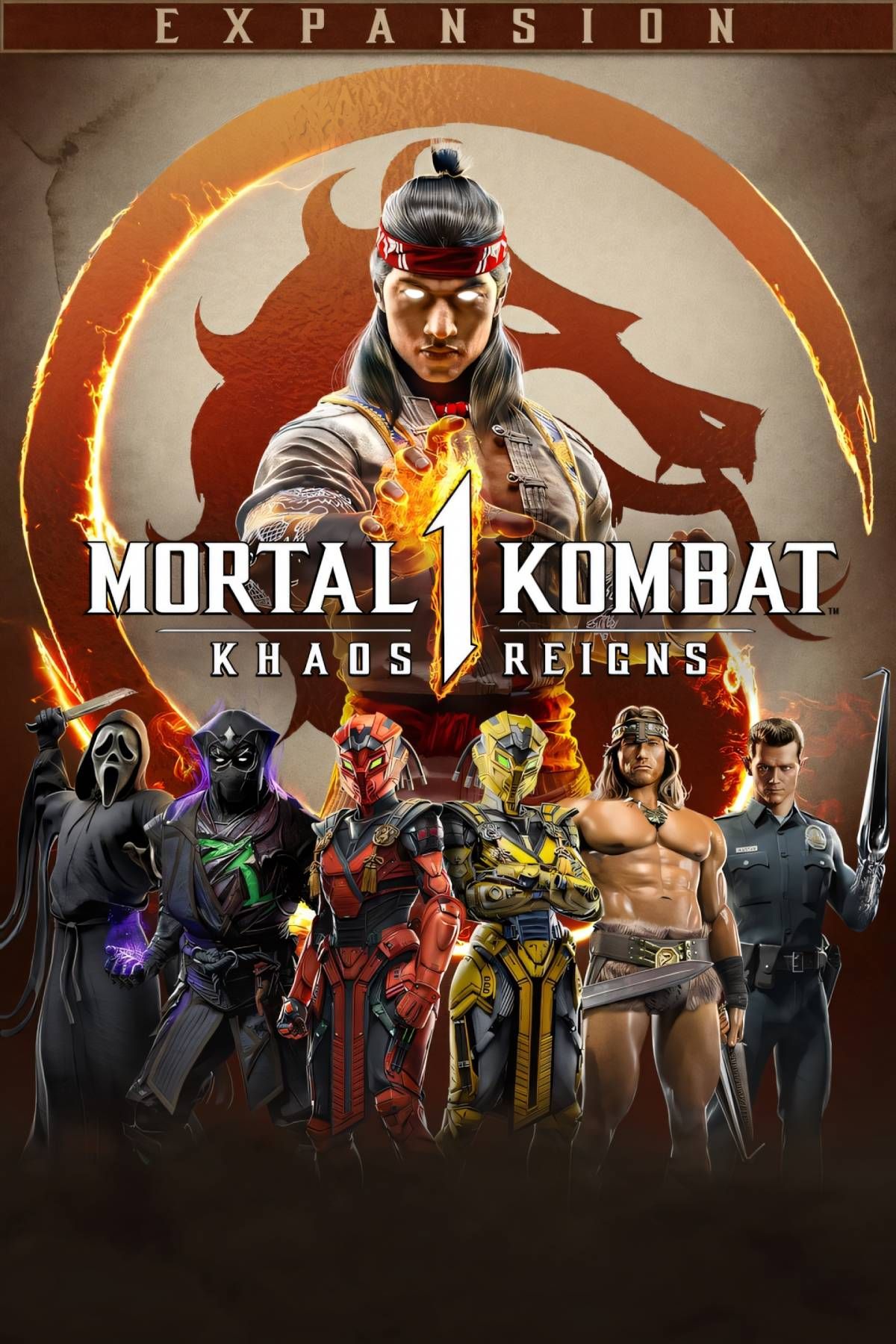
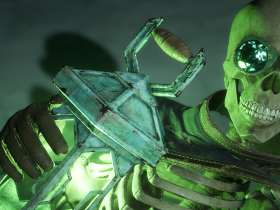



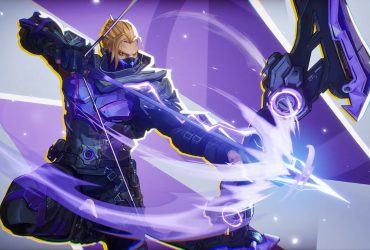

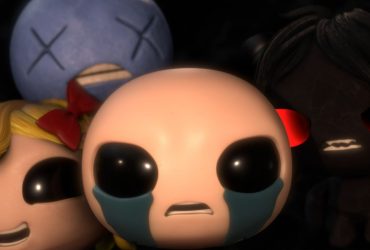
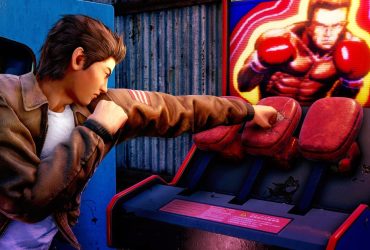

Leave a Reply